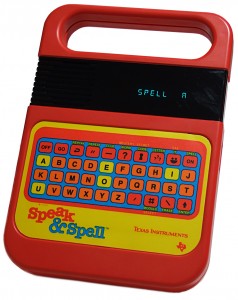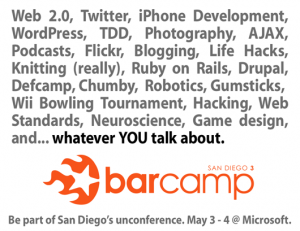
These gentlemen are from the future.
You may have noticed how quiet Global Spin has become, yet again. With the rise of Twitter and Reader and Tumblr and other such thing-share-ers, our little community no longer has much reason to post their thoughts to a group blog.
In response, I’m quitting!
…
checks notes Oh wait, that’s not it… shuffles papers One sec, it was right here…
Right! In response, I’m going to keep posting the same old things on Global Spin as always. (In a word: monkeys.) I won’t even promise to post more often, because we’ve all seen through that little shadow play. Or something.
For those of you looking for a little more regularity and a little less depth, I give you a cat… standing up! (Oh, and I might also share some other things over there, because it’s what all the kids are doing these days.)
That is all.
 I often see a word in print long before I hear it pronounced. That’s fine for most words—”antidisestablishmentarianism” isn’t actually that hard to deconstruct—but it can get me in trouble sometimes. For years I thought
I often see a word in print long before I hear it pronounced. That’s fine for most words—”antidisestablishmentarianism” isn’t actually that hard to deconstruct—but it can get me in trouble sometimes. For years I thought 
